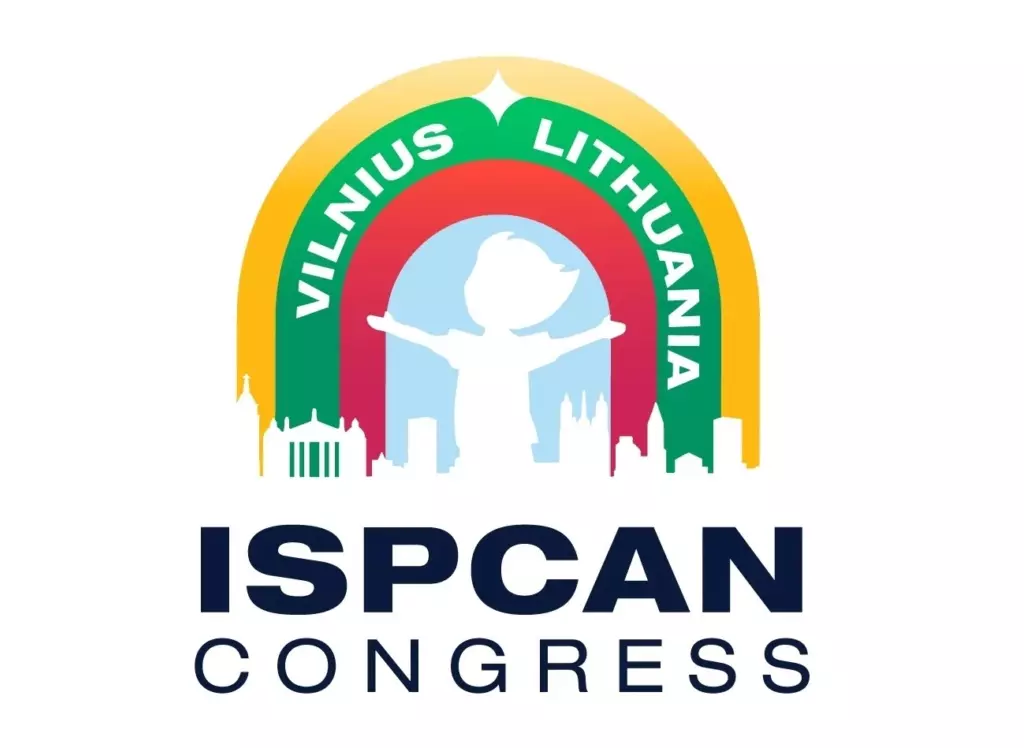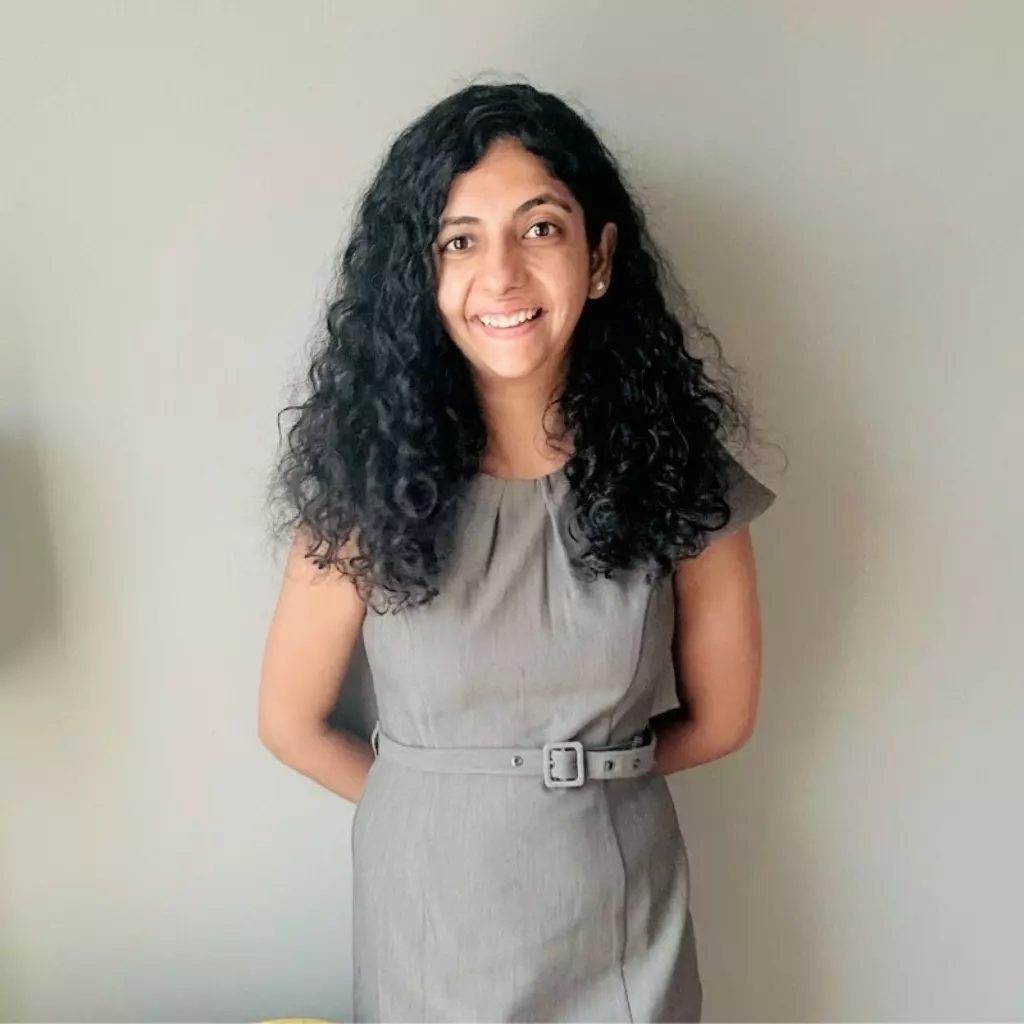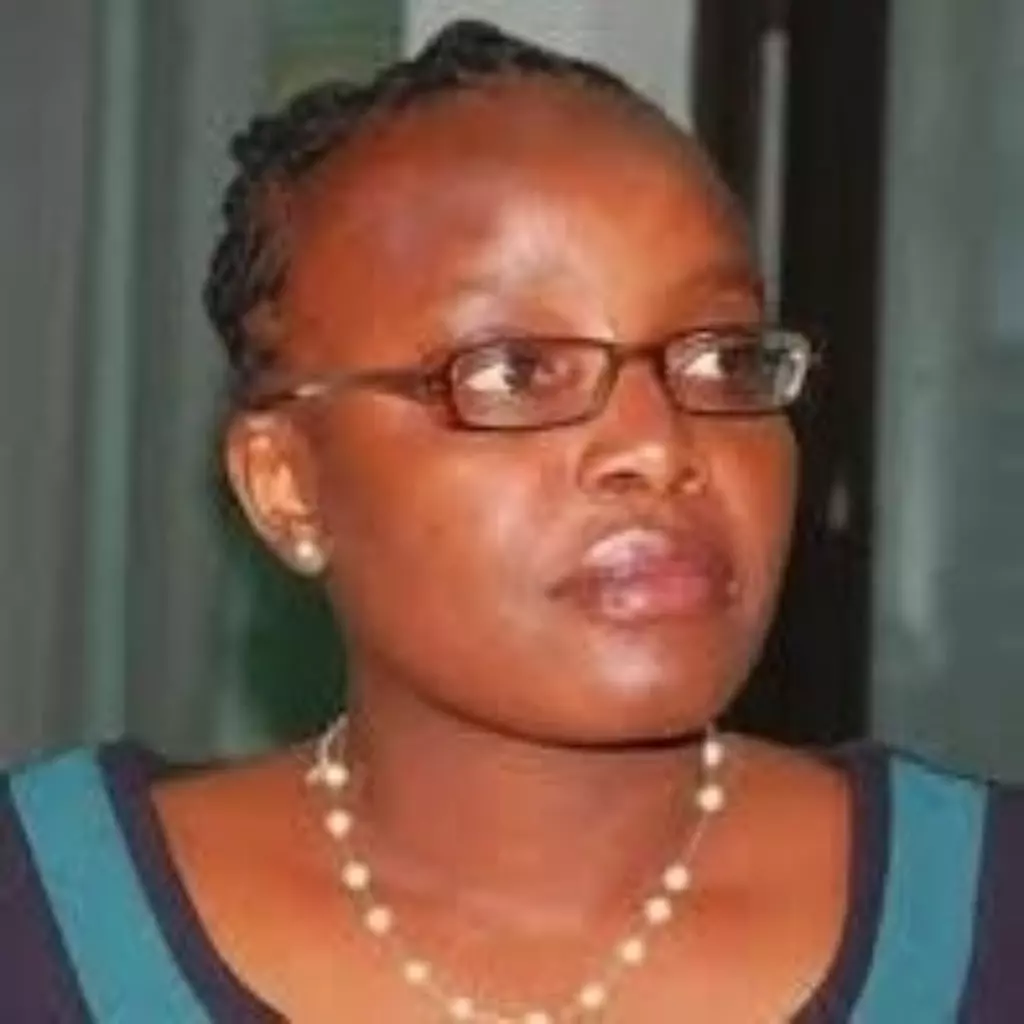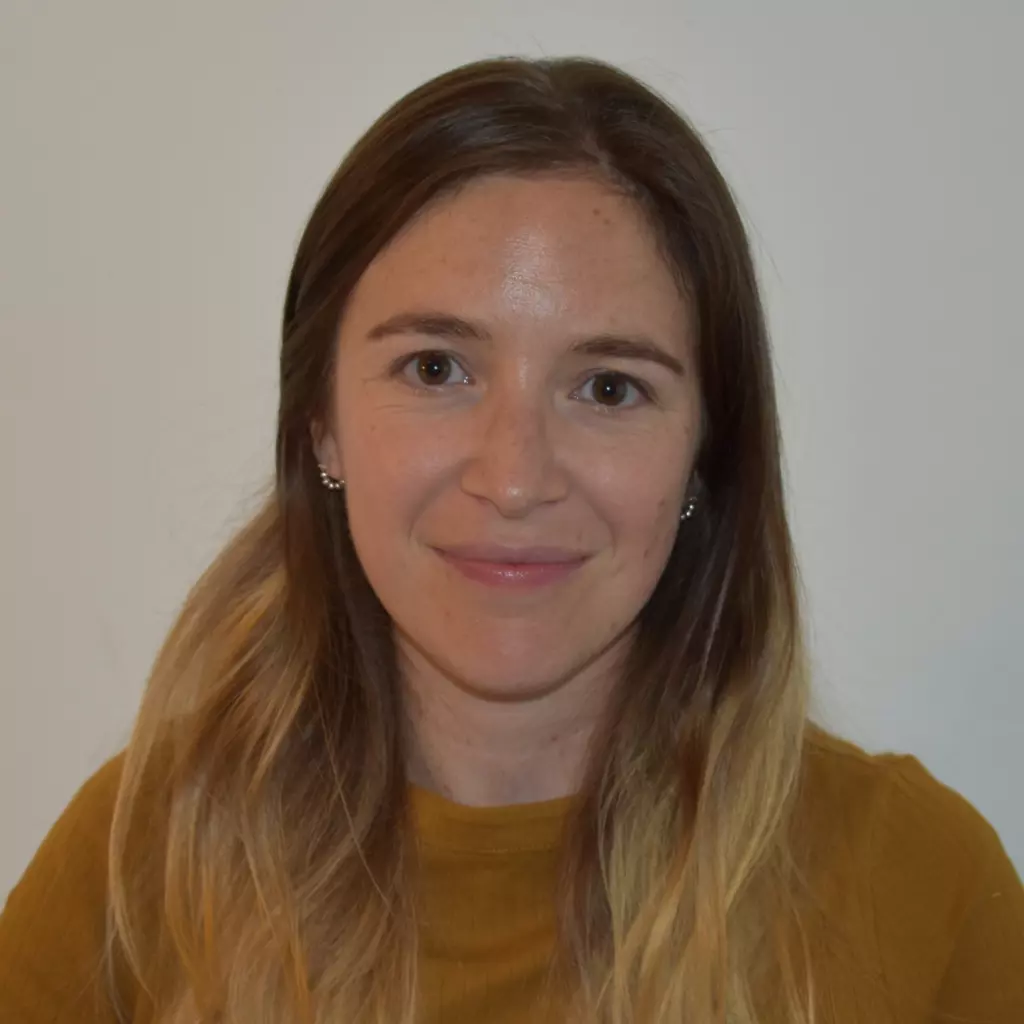ISPCAN 2025
Join the Safe Futures Hub sessions at the 2025 ISPCAN Congress in Vilnius from October 6-9.

Background
The International Society for Prevention of Child Abuse and Neglect (ISPCAN) organizes the International Congress on Child Abuse and Neglect, the largest conference in the world focused on child abuse.
In 2025, the ISPCAN Congress will take place in Vilnius, Lithuania, on October 6-9.
At this year’s Congress, the Safe Futures Hub will be contributing through a range of panels, workshops, and presentations that spotlight practice-based knowledge, a research agenda that can guide future research, and innovative and successful approaches to ending childhood sexual violence. We’ll be exploring how evidence can strengthen policy, while also amplifying lived experiences and local expertise.
Our participation is not just limited to sharing findings; it’s also about connecting with peers, exchanging what works, and pushing the global conversation forward. By learning, collaborating, and building momentum together, we aim to inspire stronger collective action to protect children everywhere.
Sessions
Poster presentation: A collaborative research agenda to end child sexual violence in low- and middle-income countries (Poster number: P131)
- Date: Monday, October 6 (Available for the duration of the conference)
- Venue: Poster area
- Speaker: Joan Njagi, Child Sexual Abuse Researcher, Sexual Violence Research Initiative (SVRI)
Bridging research gaps in childhood sexual violence prevention: Unlocking the power of practice-based knowledge
- Date: Tuesday, October 7
- Time: 10:30 – 11:30
- Venue: Zeta 2
- Speaker: Arti Mohan, Lead Technical Specialist, Practice-Based Knowledge, Safe Futures Hub
Historically, academic research has dominated the knowledge landscape, often overlooking insights from frontline practitioners, survivors, and communities. Practice-Based Knowledge (PbK) refers to the practical, real-world expertise gained through years of experience, reflection, and adaptation by those working directly in childhood sexual violence (CSV) prevention and response. While PbK is often informal, unevaluated, and undocumented, it provides crucial preliminary understanding in areas where formal research is limited.
This workshop is based on the pioneering PbK framework developed by the Safe Futures Hub (co-led by the Sexual Violence Research Initiative (SVRI), Together for Girls, and WeProtect Global Alliance), designed to redefine the landscape of knowledge creation in the field of CSV prevention.
Building safe futures: Evidence from low- and middle-income countries on what works to prevent childhood sexual violence
- Date: Wednesday, October 8
- Time: 13:30 – 13:45
- Venue: Epsilon
Speakers:
- Nicolas Makharashvili, Executive Director, Safe Futures Hub
- Ashleigh Howard, Senior Manager, Data, Evidence and Policy, Together for Girls
Childhood sexual violence remains a global crisis, particularly in low- and middle-income countries (LMICs), where data on effective prevention strategies are limited.
Safe Futures Hub's evidence review fills a significant evidence and knowledge gap in LMICs, where research on effective childhood sexual violence prevention strategies remains limited and fragmented. This review consolidates and categorizes 72 studies to provide clear, evidence-based guidance on what works in low-resource settings, highlighting effective, promising, and prudent interventions.
- Date: Thursday, October 9
- Time: 15:45-16:45
- Venue: Beta 2
Speakers:
- Chrissy Hart, Senior Director, Data to Action, Together for Girls
- Nicolas Makarashvili, Executive Director, Safe Futures Hub
- Dr. Lina Digolo, Capacity Strengthening Specialist, Safe Futures Hub
- Dr. Moses Marang’a, Executive Director, National Council on the Administration of Justice (NCAJ), Republic of Kenya.
- Emilia Ismael, Head of Communications and Operations, To Zero.
This interactive workshop brings together two global initiatives, To Zero and the Safe Futures Hub (SFH), to explore how a bold, unified vision, grounded evidence, and practice-based knowledge can accelerate national efforts to end childhood sexual violence (CSV).
Participants will explore what it takes to translate these enablers into national policies and systems through a real-world example from Kenya.
The session will also engage participants in small group dialogue, using a futures-thinking approach to reflect on what’s working, what’s holding us back, and what gives us hope.
- Date: Thursday, October 9
- Time: 13:30 - 14:30
- Venue: Beta 1
Speakers:
- Chrissy Hart, Senior Director, Data to Action, Together for Girls
This interactive workshop will explore how the “knowledge triad” — scientific data, practice-based expertise, and the lived experiences of survivors, children, adolescents, and youth — can be integrated to create stronger, more responsive child protection policies and systems.
NOTE: These sessions will not be live-streamed, and are only open to ISPCAN 2025 Congress attendees.







